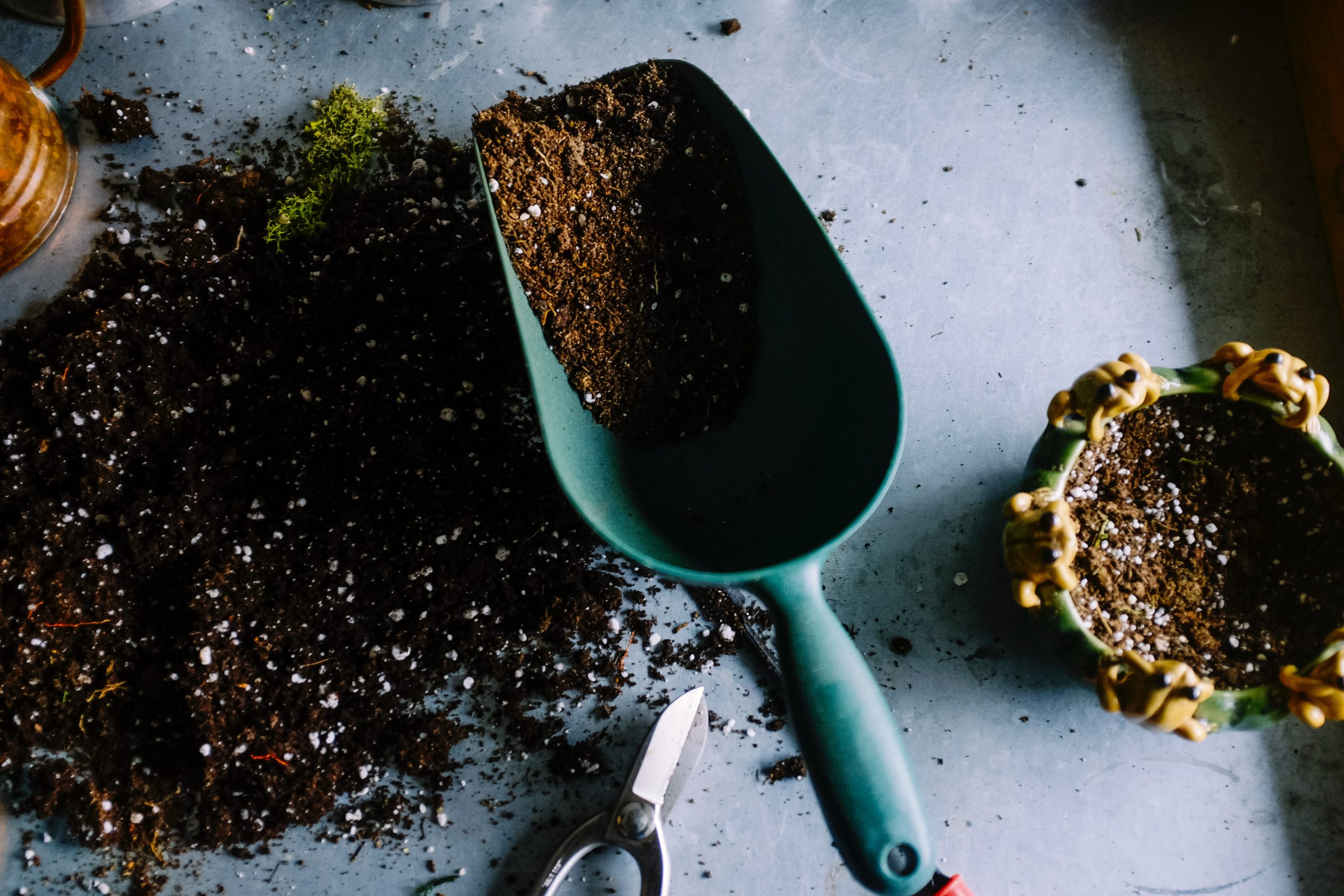Best Organic Composting Tips for Beginners- Greener Tomorrow

Organic composting is a great way to recycle, save money, and help the environment. However, it can feel a little overwhelming if you don’t know where to begin. Let’s take a closer look at a few organic composting tips for beginners.
What is Composting?
Composting refers to the act of turning organic matter into a nutrient-rich fertilizer. It is a form of recycling because it takes items that came from the earth (fruits, vegetables, herbs, paper, etc.) and turns them back into food for the earth. It’s a great way to reduce waste and become a friend to the environment.
How to Compost: A Beginner’s Guide
The nice thing about organic composting is that it is very easy and requires little equipment. To begin, you need the following items.
- A bucket or pail for your kitchen (for separating compost from trash) OR a composting bin
- A place outside to dump compost
- Small shovel for stirring up the pile
Once you have the right equipment, the process is just a matter of following a simple routine.
1. Dump.
First things first: make sure you dump and compost the right items. Filling your garden with chicken bones, cigarette butts, and soda cans will not produce the desired results. As you go about your day, fill the bucket in your kitchen with items like potato peels, celery roots, tea bags, banana peels, apple cores, etc. If it’s dense with nutrients and easily biodegradable, you can dump it into your bucket or composting bin. If you are not using a composting bin, then make sure you empty the bucket into the designated “compost pile” at the end of each day. Give your bucket a rinse whenever necessary to keep flies from accumulating.
2. Stir.
The items at the bottom of the pile always break down first, so make sure you use your shovel to stir everything back up every month or so. If you are using a rotating composting bin, simply crank the handle and give everything a turn. Stirring the compost also distributes heat more evenly, which discourages wild animals from burrowing.
3. Harvest.
Unless you harvest a little at a time, you will probably only get a notable amount of compost a few times a year. However, check the pile every time you stir. Once the matter has turned into dense, dark, nutrient-packed soil, you can remove it and use it as fertilizer. Keep in mind that it is probably full of worms and insects, so be careful if transporting it through the house.
What if You Aren’t a Gardener?
It might feel like there’s no point in composting if you don’t have a garden. However, anyone can compost and make a difference in the environment. If you don’t have a garden and have no use for natural fertilizer, you can do the following things with your organic compost.
- Check for a local compost pickup service.
- Call Royal Waste Services to enroll in organic food waste collection:
Royal Waste has developed food waste organic recycling programs that reduce waste by up to 50% at your location. Cost-efficient and effective, our methods divert waste from landfills and produce topsoil for organic farming.
Royal Waste Services is the only New York City organics carter to have dedicated compost trucks in Manhattan, Brooklyn, Queens, and the Bronx. Our compost trucks are dedicated to organic waste only, ensuring that this precious commodity is never contaminated.
At the end of the route, trucks return to our organic composting facility, where it dumps and we begin passing the collected organic material through a de-packing machine, removing any contaminants that might be present. We then take the clean organic finish product and load it into trailers for transport to McEnroe Organic Farm in Millerton NY. Here, they take our raw organic material and turn it into organic potting soil. It is a true closed-loop system of which we are very proud.



